11th October 2022
By Catalina Grosz
Share
Energy Saving: Overcoming Everyday Biases
While autumn's cooler weather is a welcome relief from the sweltering heat waves of this past summer, this year’s shifting seasons will also bring sharp increases in energy bills across the UK. Coupled with rising costs for other essentials, such as petrol and food, this price hike is projected to propel an estimated 1.3 million individuals into poverty in 2023 (The Resolution Foundation, 2022). Even with the recent legislation to cap domestic energy costs at £2,500 per household for two years, many households across Britain will need to shell out more to heat their homes this winter.
Luckily, there are many steps that you can take to reduce costs and improve the energy efficiency of your home. This blogpost will go over behavioural changes that can help you save money on your energy bills, why you aren’t applying them more often and what you can do to change this.
Changing your behaviour
Appliance upgrades and heat pumps, though highly effective at reducing energy use, may not currently be in your budget, but small changes to your daily routine are low-cost alternatives that you can implement immediately to start reducing your energy consumption.
Here are some of the energy-saving behaviours that you can implement this winter (EST):
- Take shorter showers ➔ Four minutes is more than enough time for a shower, especially when you consider that a short shower can save you up to £70 per year! –––––––––––––––– –––––––––––––––– –––––– –––––––––––––––– ––––––––––
- Lower your thermostat ➔ For every degree lowered, a household can save up to £60 per year. However, it is not advised to go below 16°C since this could have adverse effects on your health. ––––––––––––––––––––––f –––––––––––––
- Air dry your clothes ➔ When possible, hanging clothes to dry rather than using the tumble dryer can save you up to £60 per year.f ––––––––––––––– –––––––––––––––– ––––––––––––––––
- Switch off appliances ➔ Rather than leaving them on standby, switch off your appliances when you’re not using them. This is easiest to do by switching off the electric outlet and can save you up to £55 a year.f –––––––––––––––– –––––––––––––––– –––––––––––––––– ––––––––––––––––
- Turn off lights ➔ Turning off the lights when you’re not in the room is easy to do and can save you up to £38 a year.
Behavioural barriers
These behaviours are all easy to implement, so why aren't they more widely adopted?
Let’s take a look at possible biases and heuristics that may be stopping you or your household from engaging in energy-saving behaviours and how best to address them:
1. Inertia
-
- What is it: We can be irrationally reluctant to move away from the status quo, rather preferring outcomes that we already know well (Abrardi, 2018).
- Possible causes: Status quo bias (Samuelson and Zeckhauser, 1988)
- How to address it: The best way to move away from the status quo is first to recognise its influence on our behaviour. Once we’re aware of this influence it’ll be a lot easier to consider our options. Sometimes, moving away from what everyone’s doing can require effort. Make sure to make a plan of action and track your progress, this will make the change a lot easier.
2. Short-term thinking
-
-
- What is it: Rather than thinking about the long-term, we may be focusing too much on the next bill, in the search of immediate rather than prolonged gratification.
- Possible causes: Present bias (O’Donoghue and Rabin, 2015)
- How to address it: Take a second to picture your future self. Thinking about how your long-term plans may affect your future self should make it easier for you to make an investment now that will help you in the future.
-
3. Information overload
-
-
-
- What is it: We are exposed to tons of information on the regular. Knowing which advice to follow can be difficult and we may feel daunted by the endless possibilities, leading us to freeze in our tracks and not change our behaviour.
- Possible causes: Information fatigue syndrome (Buchanan and Kock, 2001)
- How to address it: In this case, it is important to note that any action is better than no action at all. Rather than adopting all changes simultaneously, try starting with the behaviour you feel will be easiest to implement and work up from there.
-
-
Future work
The Behaviouralist is currently working with a consortium of nine councils in Kent, as well as other organisations in the region, to design a behavioural trial to help low to middle income households reduce their energy bills. Stay tuned for more information (coming April 2023)!
Suggested resources

